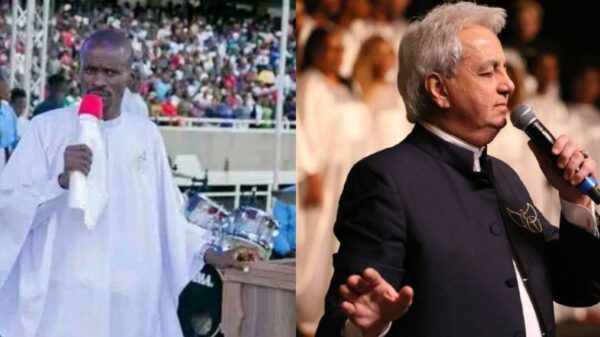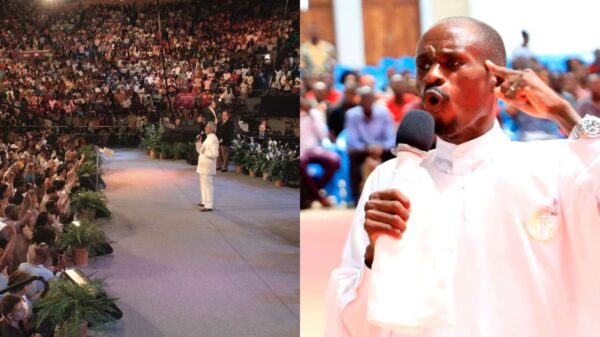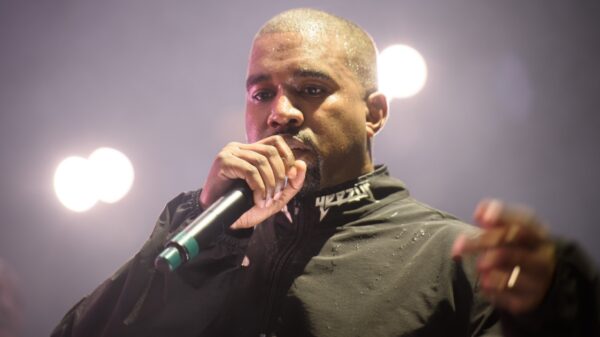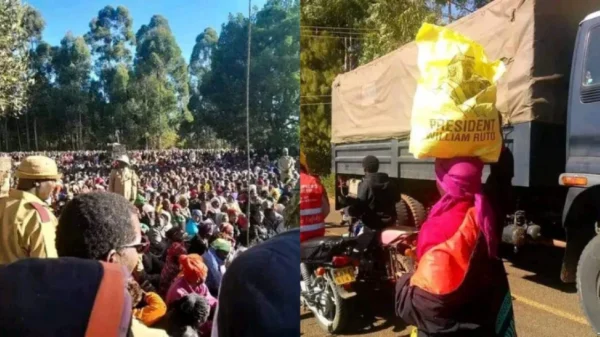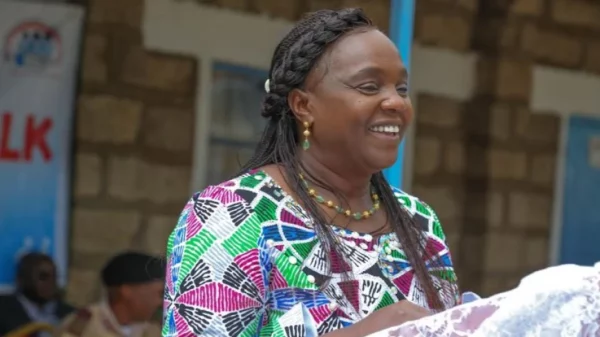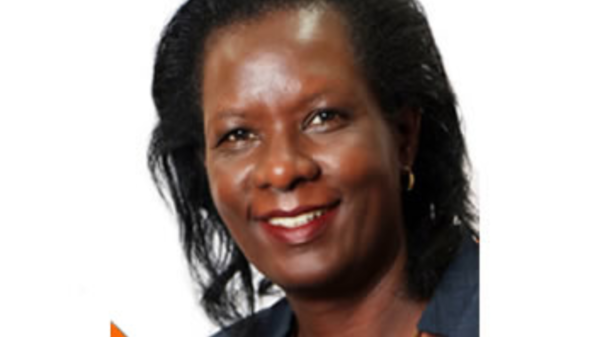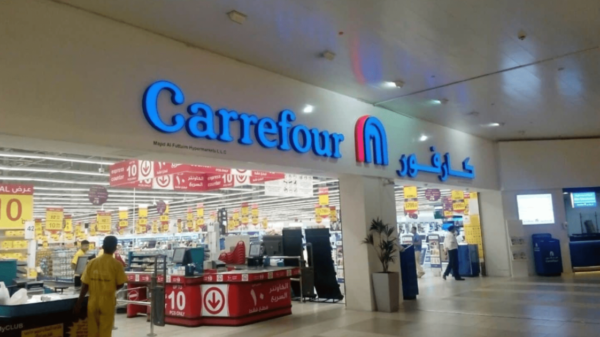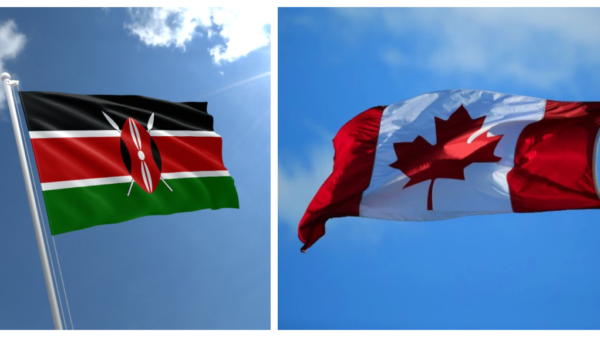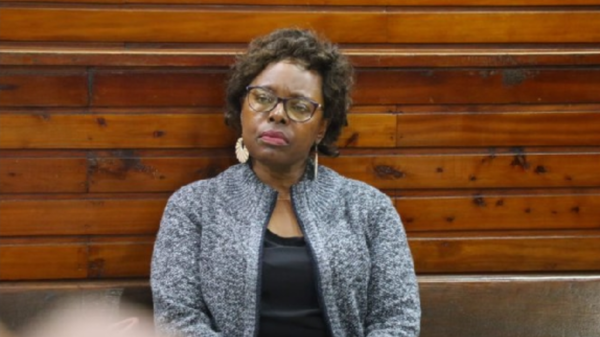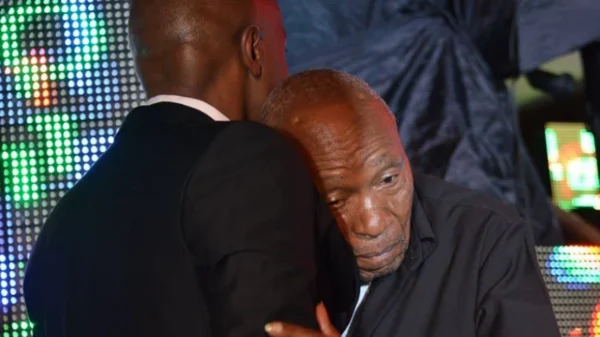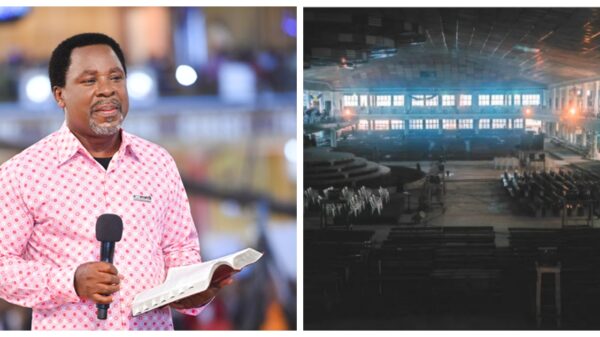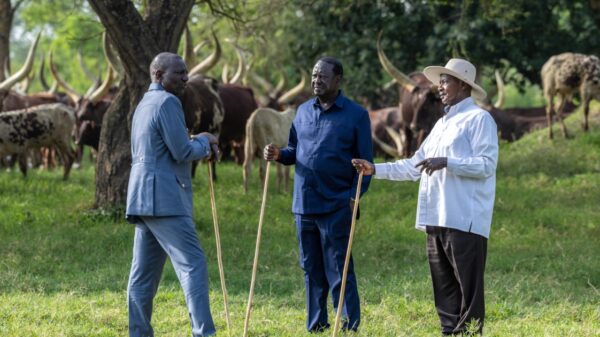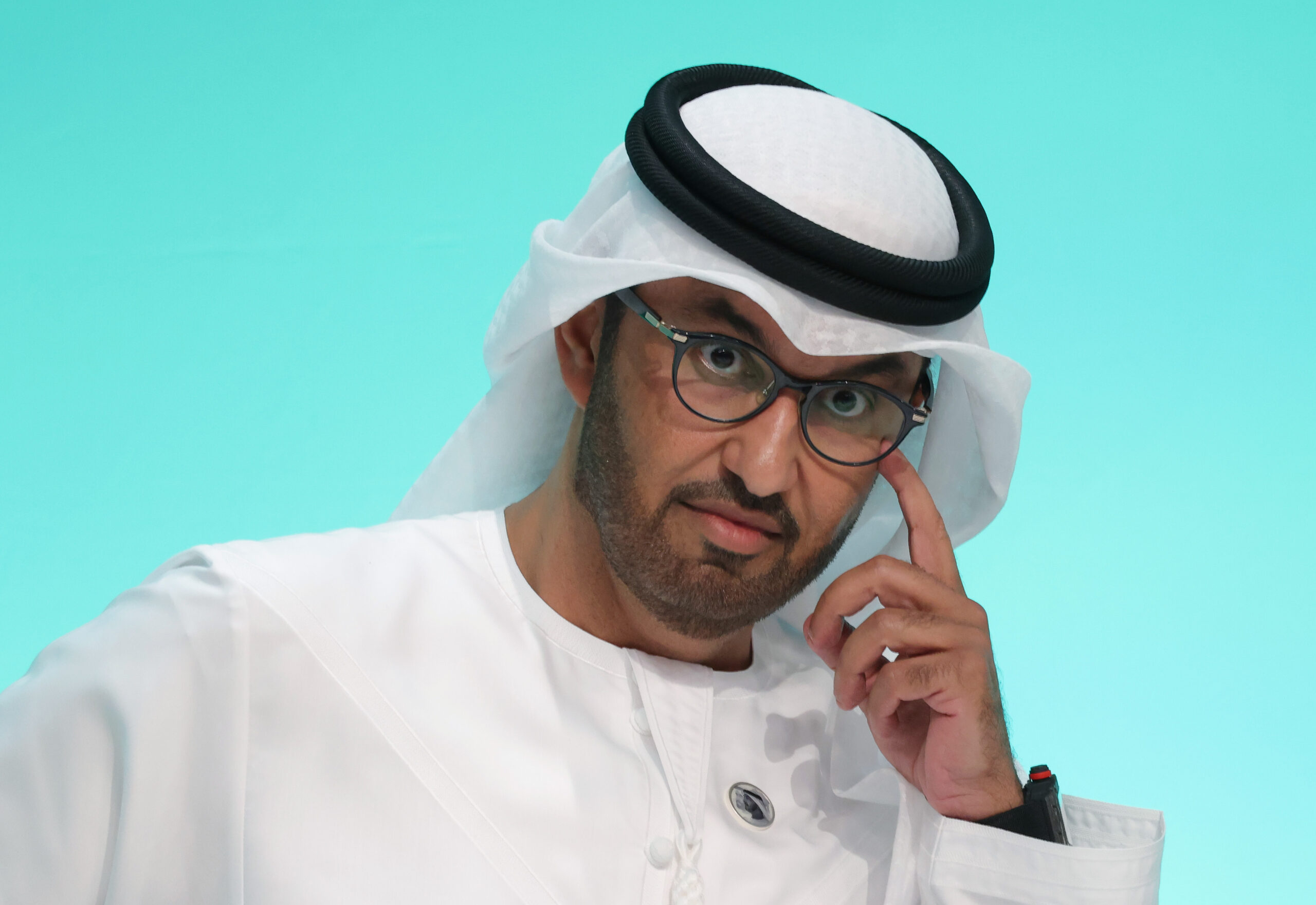- Al Jaber, has claimed there is “no science” indicating that a phase-out of fossil fuels is needed to restrict global heating to 1.5C
- Al Jaber added that a phase-out of fossil fuels would not allow sustainable development “unless you want to take the world back into caves”
- Deep and rapid cuts are needed to bring fossil fuel emissions to zero and limit fast-worsening climate impacts
Follow us on Facebook and Twitter for more Entertainment and Exclusive stories

Delivering opening remarks as COP28 President, Dr. Sultan Al Jaber emphasized that COP28 is taking ambitious climate action to course correct, keep 1.5°C within reach, and leave no one behind.
In the high-stakes arena of Cop28, the president, Sultan Al Jaber, finds himself embroiled in a heated debate over the necessity of phasing out fossil fuels to combat global heating. The story unfolds during a tense online event where Al Jaber clashes with Mary Robinson, chair of the Elders group, over the critical decision facing the summit.
Al Jaber’s controversial claims that there is “no science” supporting a fossil fuel phase-out sends shockwaves through the climate community. His dual role as Cop28 president and CEO of Adnoc, a major state oil company, raises eyebrows, casting doubt on potential conflicts of interest.
Robinson challenges Al Jaber’s stance, linking his company’s investments to future fossil fuel endeavors. The exchange intensifies, revealing the stark divide in opinions on the necessity of fossil fuel reduction for a sustainable future.
As the Cop28 summit unfolds, the struggle between those advocating for a phase-out and those favoring a more moderate “phase-down” escalates. Over 100 countries rally behind the urgency of unabated fossil fuel elimination, while global powers like the US align with the cause.
UN Secretary General António Guterres asserts the unequivocal need for a fossil fuel phase-out, emphasizing a clear timeframe. Leading scientists and climate experts join the chorus, expressing concern and labeling Al Jaber’s stance as close to climate denial.
The story delves into the intricacies of the debate, highlighting the lack of consensus on terms like “phase-out” and “phase-down.” The potential role of emerging technologies to mitigate emissions adds another layer of complexity to the negotiations.
Al Jaber attempts to justify his position, claiming the UAE’s commitment to decarbonizing oil and gas resources, but critics argue that it’s not a solution to the larger issue of emissions from burning fossil fuels.
The pressure on Al Jaber intensifies with revelations about Adnoc’s practices, including routine gas flaring and issues surrounding email surveillance.
As Cop28 unfolds, the world watches, anxiously awaiting a decision that could shape the future of climate action.
Follow us on Facebook and Twitter for more Entertainment and Exclusive stories



